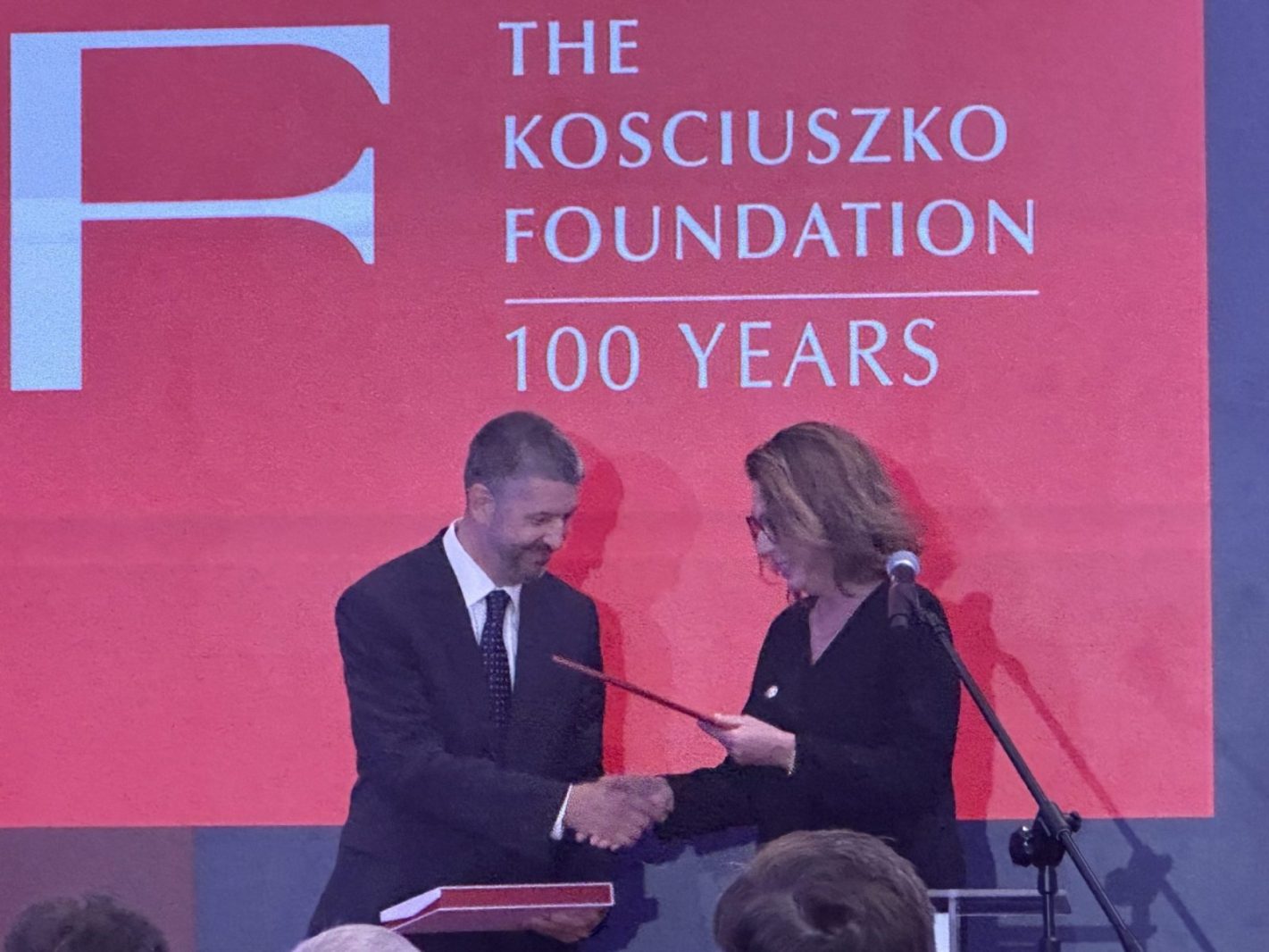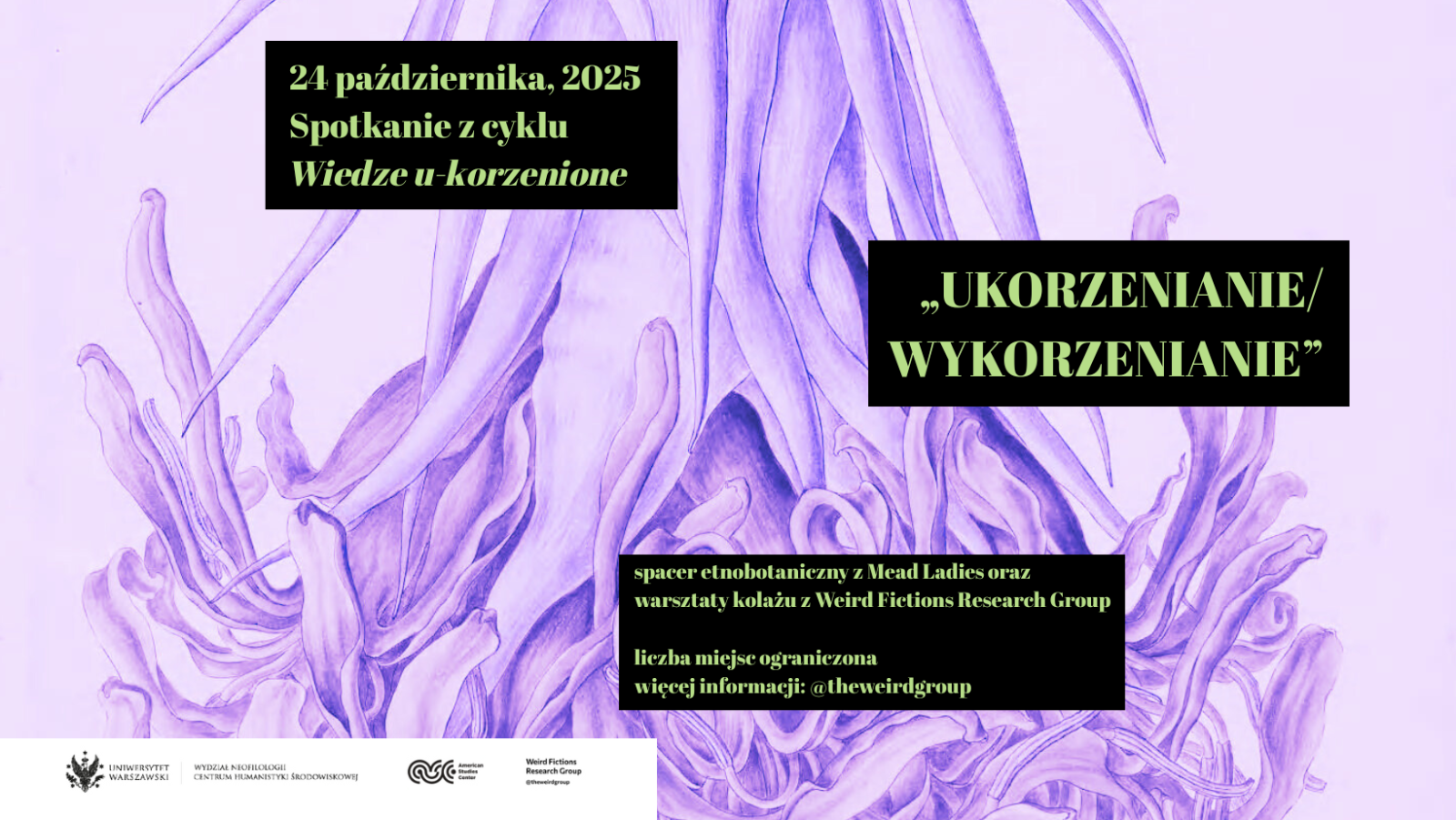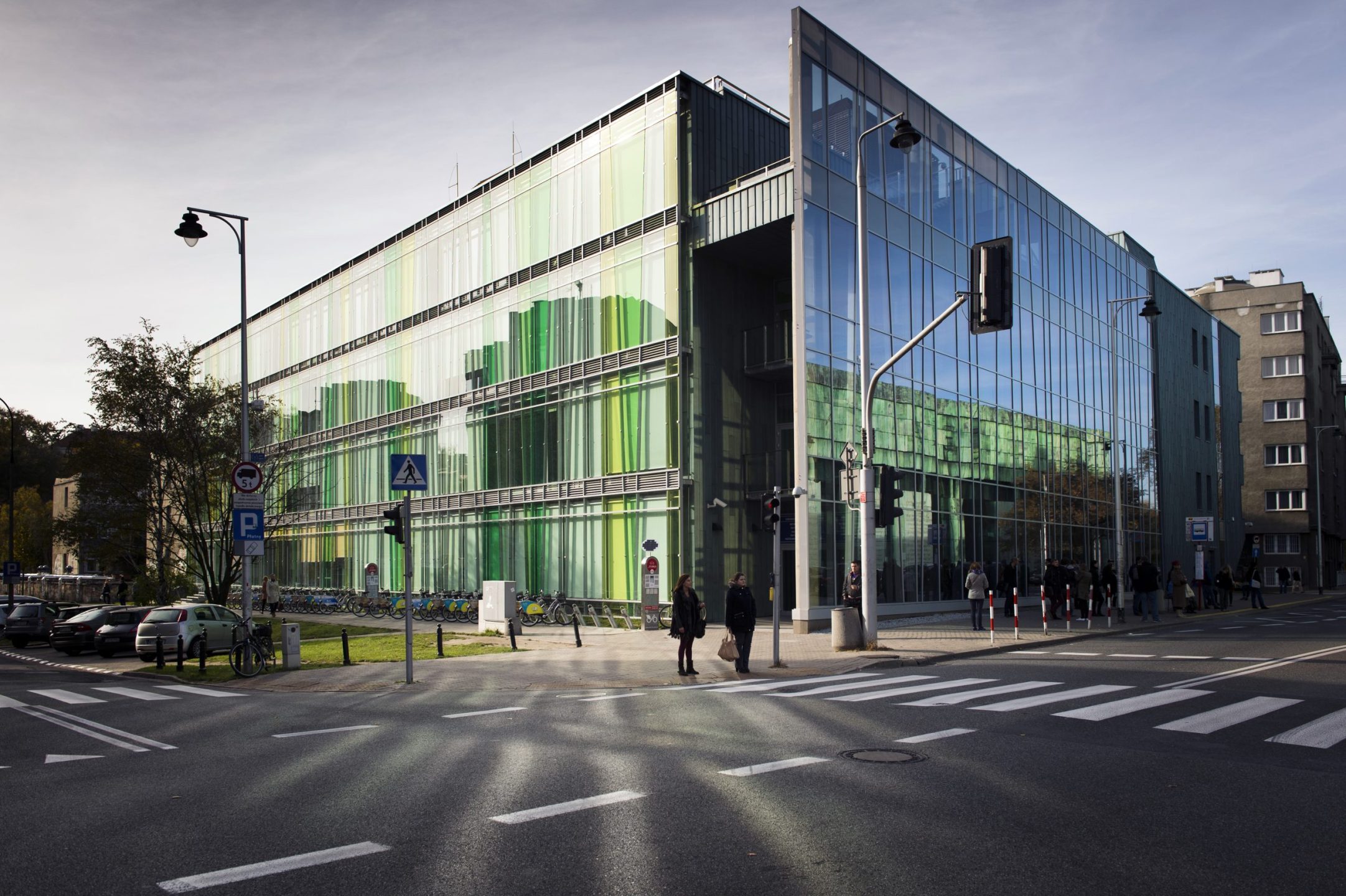Together with Gazeta Wyborcza we are delighted to invite you to the whole-day conference “After the US
Elections: The Futures of European Security and Transatlantic Cooperation” dedicated to the global and regional (CEE) impact of the results of the 2024 US presidential elections. We will try to parse through the scenarios regarding the relationship between the US and Europe, human rights and democracy worldwide, aid to Ukraine, and new global threats. The invited guests include President Aleksander Kwaśniewski, ASC professors, external policy experts, and journalists and editors from GW.
Monday, November 18th, 2024
10 AM
Attendance at each panel is worth 3 OZN points.
Where?
Dobra 55, room: 0.410
(the building features some mobility accommodations: ramp and lift)
Schedule
10:00-10:10 Prof. Paweł Frelik, Director of American Studies Center and Bartosz Wieliński, Deputy Editor-in-Chief of Gazeta Wyborcza – opening of the conference
Panel 1.
10:10-11:40 (including approx. 20 minutes for questions)
Autonomy or harmony. How to rebuild relations between the US and Europe
Moderator: Bartosz Wieliński (GW)
Panelists:
– Aleksander Kwaśniewski, Former President of Poland (1995-2005)
– Prof. Bohdan Szklarski, Associate Professor of Political Science at the American Studies Center/ Leadership Research Group
– Joanna Maria Stolarek, Director of Heinrich-Böll Foundation, Warsaw office
15 minute break
Panel 2.
11:55-13:25 (including approx. 20 minutes for questions)
Stopping the Twilight of Democracy. US Elections and Human Rights Around the World
Moderator: Dr. Jan Smoleński (ASC)
Panelists:
– Aleksandra Sobczak, Deputy Editor-in-Chief of Gazeta Wyborcza
– Piotr Buras, Head of the Warsaw office of the European Council on Foreign Relations
60 minute break
Panel 3.
14:25-15:55 (including approx. 20 minutes for questions)
Is Kiev Burning? The New Administration and Aid for Fighting Ukraine
Moderator: Dr. Jan Smoleński (ASC)
Panelists:
– Michał Olszewski, Foreign Editor of Gazeta Wyborcza
– Agnieszka Lichnerowicz, Journalist of TOK FM radio
– Bartłomiej Kot, Resident Fellow at Pulaski Foundation and Program Director of the Warsaw Security
Forum
15 minute break
Panel 4.
16:10-17:40 (including approx. 20 minutes for questions)
The New War. The USA and Europe Facing Global Threats
Moderator: Bartosz Wieliński (GW)
Panelists:
– Prof. Elżbieta Korolczuk, Associate Professor in Sociology at Södertörn University and American Studies
Center
– Roman Imielski, First Deputy Editor-in-Chief of Gazeta Wyborcza
– Michaela Terenzani, Foreign Editor of the SME
– Dr. Alicja Fijałkowska-Myszyńska, Assistant Professor of Political Science and IR at the American Studies
Center
The conference is held in the framework of The Eastern Frontier Initiative (TEFI) project co-financed by the European Union.
Participants
Aleksander Kwaśniewski – Former President of Poland (1995-2005), oversaw Polish entry into NATO and the EU.
Joanna Maria Stolarek – Director of Heinrich-Böll Foundation. She worked as an editor and political commentator at Südwest Presse (Economics and Economics Department) in Ulm, at Märkische Oderzeitung in Frankfurt (Oder) and at Neue Berliner Redaktionsgesellschaft (Politics Department) in Berlin.
Prof. Bohdan Szklarski – Associate Professor of Political Science at the American Studies Center. Prof. Szklarski’s research interests include: political leadership, political communication, American political culture and institutions, comparative politics and political anthropology. Author of over 80 academic publications. He heads the Leadership Research Group at the ASC. He frequently appears as a commentator on American and Polish political events in the media.
Piotr Buras – Head of European Council of Foreign Relations Warsaw. His topics of focus include Germany’s EU and foreign policy, Poland in the EU, and EU politics.
Aleksandra Sobczak – Head of strategy and development of Wyborcza.pl and Deputy Editor-in-Chief of Gazeta Wyborcza. She has been working at Wyborcza for 19 years, initially as an editor of the economics section, and then its head. As deputy editor of the "Wysokie Obcasy" magazine, she was responsible for the development of Wysokieobcasy.pl. She pays particular attention to the mission of the media as the fourth power in democracy, and therefore strengthening civil society and combating disinformation.
Bartłomiej Kot – Resident Fellow at Pulaski Foundation and Program Director of the Warsaw Security Forum. Since the start of the War in Ukraine 2022, Bart has been active in the field of advocacy, becoming Strategic Policy Advisor to the International Center for Ukrainian Victory, the advocacy center established by Ukrainian MPs and civil society activists.
Agnieszka Lichnerowicz – journalist at TOK FM specializing in international affairs. Currently working on her book on the war in Ukraine.
Michał Olszewski – Foreign Editor at Gazeta Wyborcza, previously Editor-in-Chief of the Krakow branch.
Prof. Elżbieta Korolczuk – Associate Professor in Sociology working at Södertörn University in Stockholm and American Studies Center, University of Warsaw. Her research interests involve: gender, social movements and civil society. Her most recent book co-authored with Agnieszka Graff is Anti-gender Politics in the Populist Moment (Routledge 2021).
Michaela Terenzani – the leading editor of the foreign news desk of the SME. Previously, she held the position of Editor-in-Chief of The Slovak Spectator (2015-23).
Dr. Alicja Fijałkowska-Myszyńska – Assistant Professor of Political Science and IR at the American Studies Center. She taught at the universities in Turkey, Spain and Mexico. In recent years she was awarded the Kosciuszko Foundation Research Fellowship at the University of California Los Angeles, 200th Anniversary Medal of the University of Warsaw and Scholarship of Minister of Science and Higher Education for outstanding young researchers.
Roman Imielski – First Deputy Editor-in-Chief of Gazeta Wyborcza. Former editorial secretary, foreign and political editor of „Gazeta Wyborcza’, Editor-in-Chief of the Wyborcza.pl website, author of numerous articles on Polish politics, Russia, Ukraine, the European Union and transatlantic relations. Commentator on international and Polish affairs.
Bartosz Wieliński – journalist and Deputy Editor-in-Chief of Gazeta Wyborcza. Previously head of the foreign department and correspondent in Berlin. Author of Źli Niemcy, a book about 20th -century Germany.
Dr. Jan Smoleński – Assistant Professor of Political Science at American Studies Center, graduate of New School for Social Research (New York, USA), Central European University (Budapest, Hungary), and University of Warsaw.




